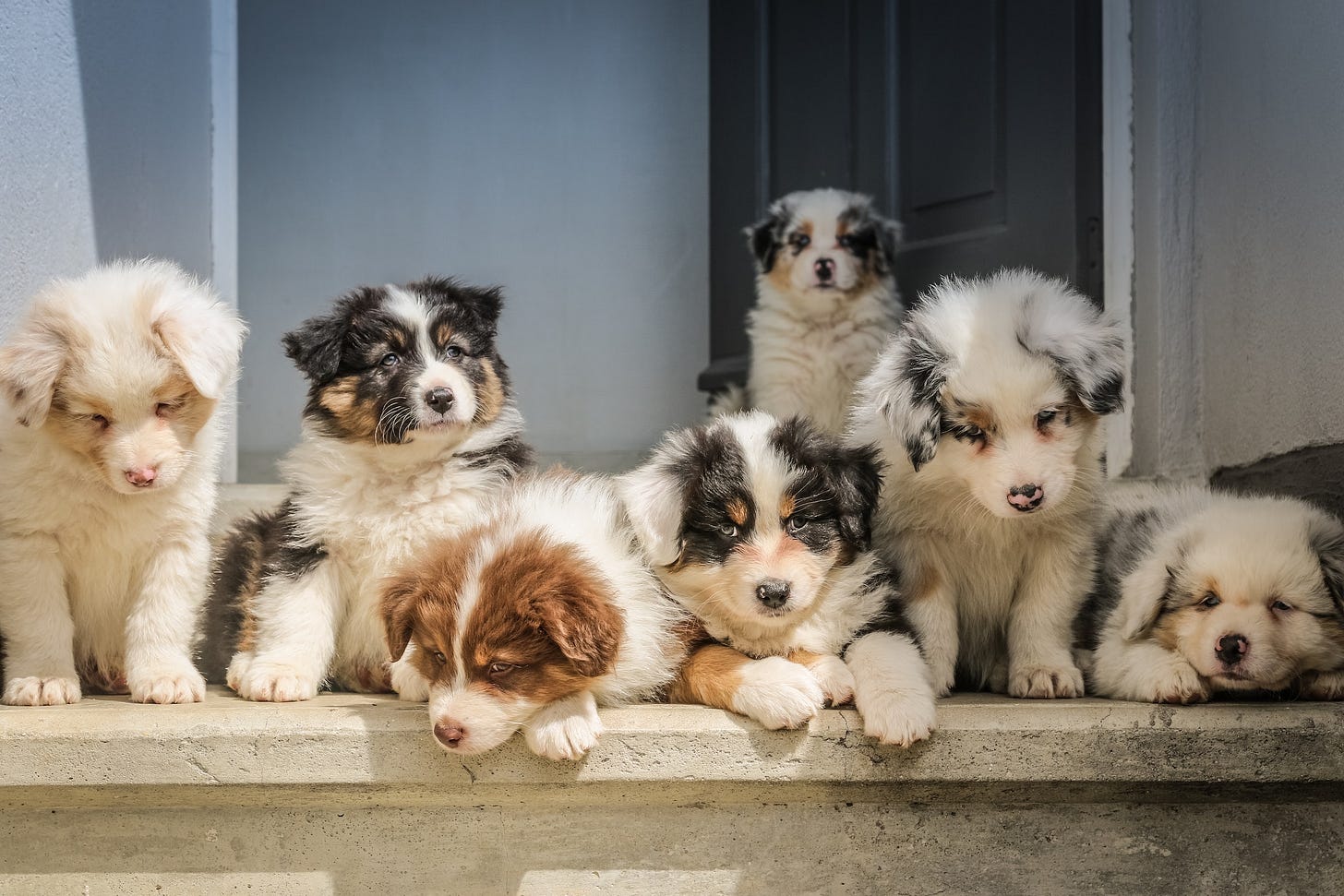Linguists debate whether sanskrit was ever a spoken language or only a specially cultured version of the Indian vernaculars of the time. (Scientists love arguing with each other. Every ivory tower needs an action movie.) It would certainly be enticing to construct an exceptionally rich language from existing ones, a kind of reverse esperanto that is capable of all kinds of interesting manoeuvres. All languages that I have met so far had fascinating features, ways of expressing concepts that others could only attain with complicated circumvention.
Source: Wikipedia Commons
Turkish has remarkably rich verb forms. A small example is an extra suffix you can add to a command to make it stronger. It’s like the speaker grabbing your shoulder or raising their voice. Bak! is simply “Look!” Baksana! means “Look, man!” Gel! is “Come!” Gelsene! means “Come at this instant!” It’s not even impolite, just strong. Another favorite of mine is funnier: If you reduplicate a noun, changing the first letter of the second part to “m”, you get: “The thing mentioned and everything that comes with it.” Çocuk-mocuk (literally: “child-mild”) means something like “the kid and all the paraphernalia connected to the kid, like what you are taking on a trip: clothes, bottle, toys, carriage.
Beautiful Italian has several kinds of pejorative suffixes. Gatto - cat, gattaccio - ugly, nasty cat. Ragazza - girl, ragazzaccia - mean bitch. Brodo - soup, brodaigla - disgusting soup. Ferro - iron, ferraglia - mass of no-good metal. There’s even a suffix combining contempt with a diminutive: Poeta - poet, poetucolo - little rhymester.
Regarding diminutives, the plasticity of Hungarian could be surprising to a speaker of a Germanic tongue. The most common nickname for kutya “dog” is kutyus. But there is also kutyi with a different mood, the somewhat funny kutyó and kutyu, kutyuli which is usually a bit derogatory, and the outright condescending kutyuli-mutyuli. It means something like “small, pathetic, spoiled lapdog”, unless you say it with a loving voice. All these can be boosted with another diminutive -ka: kutyácska, kutyika, kutyóka, kutyuka, kutyulika, even stacked mockingly, like kutyukácska etc. And these are only some of the standard versions, I have also met with kutty, kutyesz, kutyóresz, kutyimó, kucsmány; any Hungarian could continue the list. None of these words exist in any dictionary, yet they convey shades of emotional attitude. A possessive suffix adds another dimension: kutyuskám “my little doggie” sounds tacky in English but in Hungarian it just gives a warm sense of belonging and camaraderie.
Source: Jametlene Reskp on Unsplash
Romanian — like Italian — has not only diminutive but also augmentative. Mîța means a kitty-cat, mîțoi a large, or male kitty-cat. The vocative, lost from most Latin tongues is still alive: Gras means fat, Grasule! is something like “Hey, fatso!” It’s not polite but quite expressive. So combining the two Mîțoiule! would be “Listen, you large kitty-cat”, all in one word.
These are just a few minor examples from some nearby languages. The tongues of distant continents have even more peculiar, expressive grammatical constructions. And then, of course, there are the words. I’m sure you also have favorite words, ones that are funny, expressive, onomatopeias and the like. In Hungarian I like Transsylvanian localisms like kasmatol which means “makes noises like a mouse moving around in a cupboard” or vacóka, “The little fruit left on a tree not worth picking.” Also some of Latin origin like miskulancia which is… Oh. Something like a weird, convoluted, not quite understood device. In Spanish I’m a fan of mamarracho, someone who dresses like a clown. In Turkish I like gürültü ve kalabalık, noise and crowd, I mean just how the words sound, not the actual phenomenon.
But what about phenomena for which there are no words, even though they are common human experiences? There’s a little book by Douglas Adams and John Lloyd with the title: The Meaning of Liff. The authors take strange town and village names and give them to nameless things. Or maybe the process was inverse: they looked at weird place names and pondered what they could mean if they were real words. A few (approximate) examples are: “One who washes everything except the frying pan and the cheese grater.” Or “The feeling in the kitchen doorway when you realize you don’t know what you came for.” Or “The instrument of a dentist capable of inducing the most pain.”
What kind of hitherto unnamed phenomenon would you give a name to?
A promising field is to find precise words for positive emotions and inner states. When you are well you are usually satisfied with the way things are and do not engage in too much philosophy. Human consciousness is, understandably, more occupied with what does not work well. Szerb Antal writes in his History of Hungarian Literature that hopeless love is a fruitful experience for lyric poets. As for me, I must reluctantly admit that I’m no longer completely fulfilled by complaining. I had the heretic idea of sometimes shining some light on positive possibilities in the world. Even sharing these with fellow members of the human race! Some new words that are just being born somewhere could come quite handy in this quest.
Source: Julian Hochgesang, Unsplash
In the book Healing Words there is a section about terms descibing states of medical condition. We have words for headaches, stomach cramps, bilious attack, but there are none for harmonious head, stomach relaxation, bilious rest. The latter are “normal”, they happen “by themselves”. Well, when they do, great. But when they don’t, we should have a path for reaching them. Imagine you are a bike courier in a Japanese resturant. You are given a box of sushi with the instruction: “Don’t take it to 17 Watt street. 17 Watt street is incorrect. There are monsters at 17 Watt street. Avoid 17 Watt street for dear life! Sayonara, go! This is all the information you get.
As these words are not only descriptions but also suggestions, positive target states come in very handy, especially for psychological phenomena. There is way too much talk about ADHD, but what happened to properly focused attention? Should our goal be “fighting ADHD” or achieving PFA? Should therapy center around PTSD or CROCSSR (a completely resolved, once challenging situation that serves as a resource)? I hope you realize these acronyms are jokes pointing out the bizarreness of the original symptom names. Psychology could really use new, positive concepts. Most languages nowadays are overloaded with abominable borrowings and mirror-translations from English. A recent arrival is very useful, though: well-being.
Carlos Castaneda talks extensively about “self-importance” as one of the biggest obstacles to personal and spiritual development. “What did you dare to call me?! My dueling assistants will presently contact yours!” We are constantly protecting our self-image in front of others and ourselves, instead of using our energy for worth while things. Self-importance was the cause of many wars, but it is also why we get insulted, why we are angry at others’ misdeeds. Let’s suppose this idea has merit. But what kind of inner state should we cultivate? How do you call the state of being one of the infinite number of creatures of the world and being completely fine with it? When you are not special and that is soooo good?
Source: Gerd Altmann from Pixabay
How do you call the moment when you realize that you can suddenly let go of a personality characteristic that used to cause you a sea of problems?
How do you call it when you feel ecstatic completeness in the morning after the magical dreams of the night you just had?
How do you call knowing that some far-reaching, unavoidable positive change is imminent in your life?







Ahem... Correction. In Turkish the doubled word with the second part beginning with "m" apparently doesn't mean what I wrote. It's more: "the named thing and similar things". For example: "I don't trust Barış-Marış" means "I don't trust Barış and people like him."